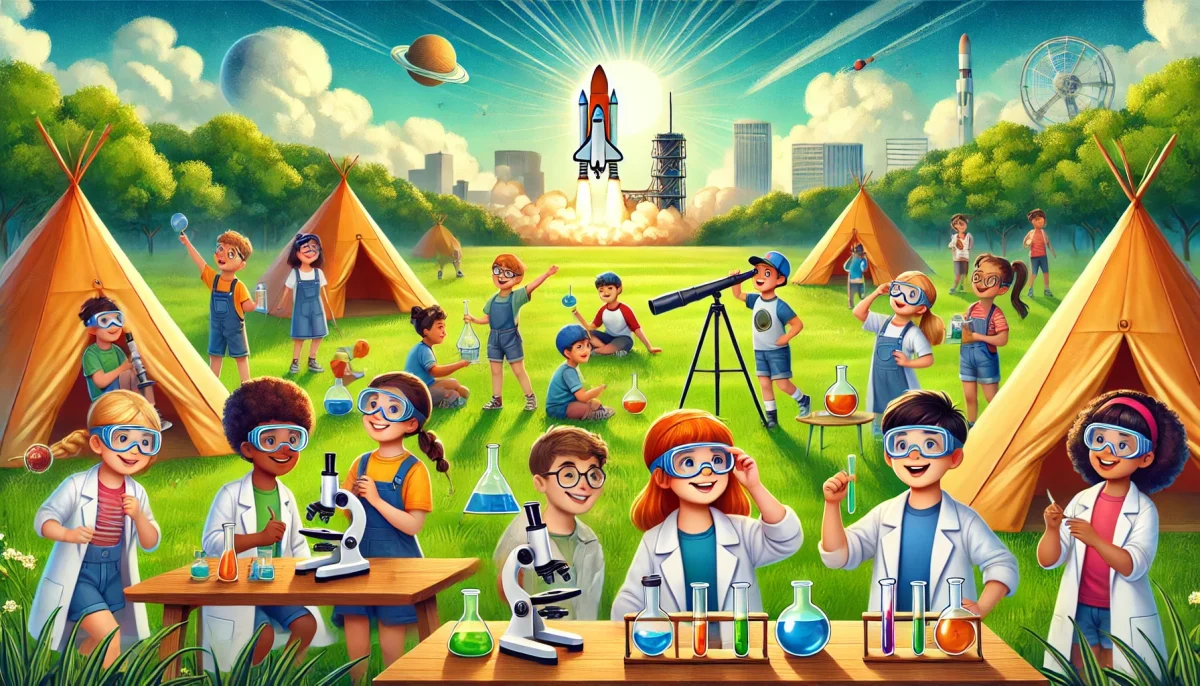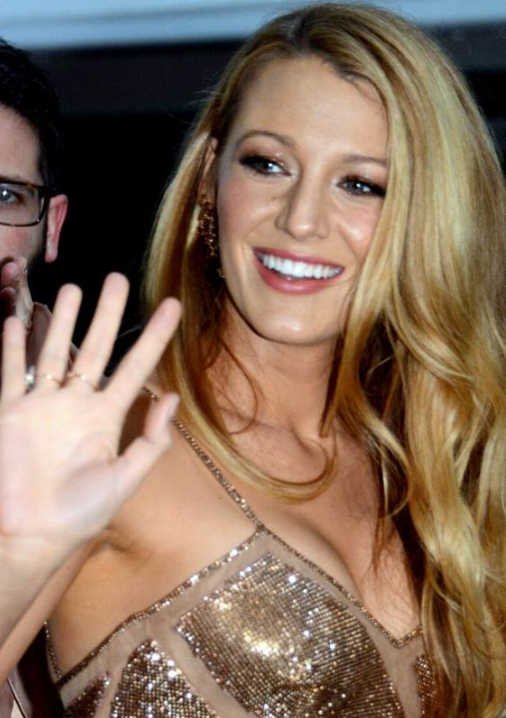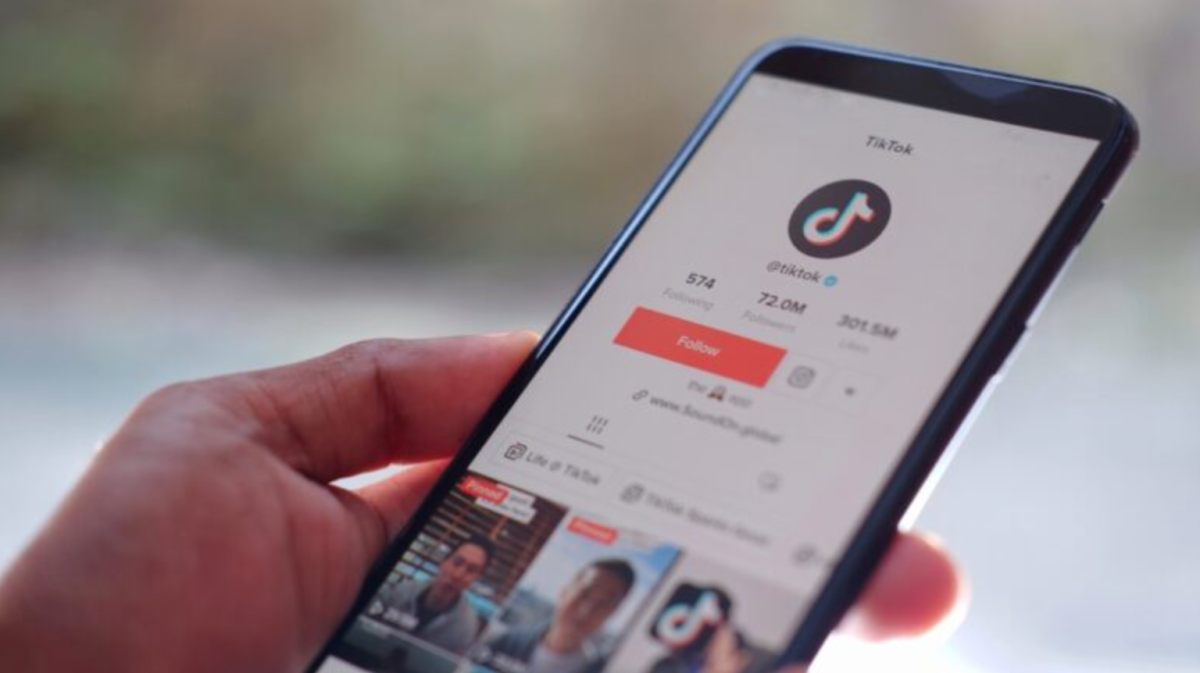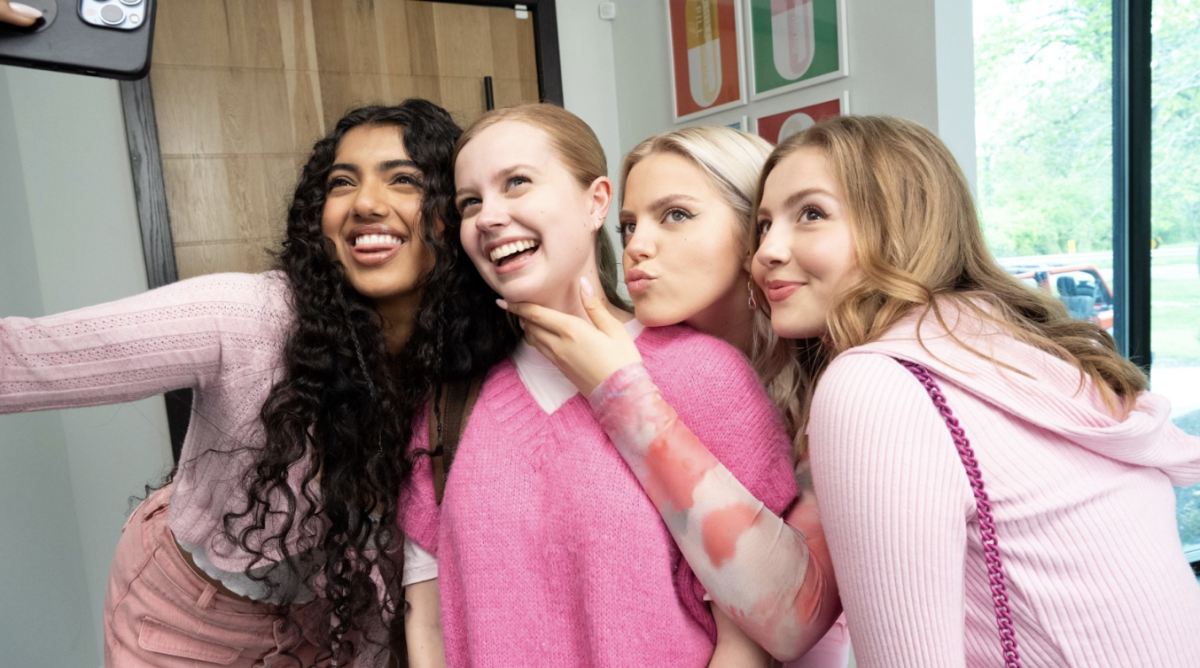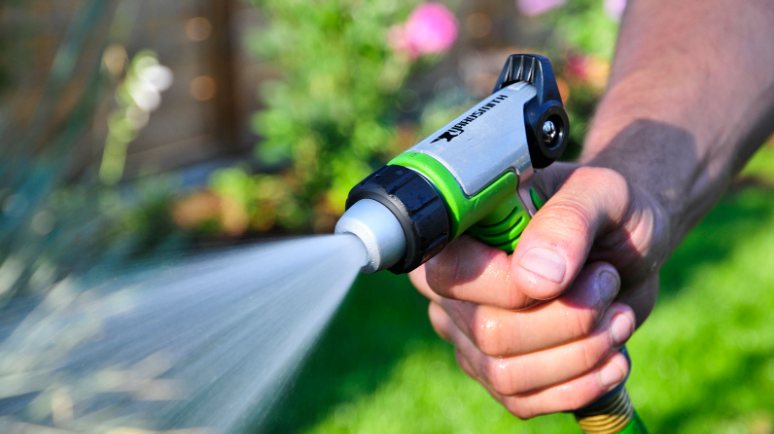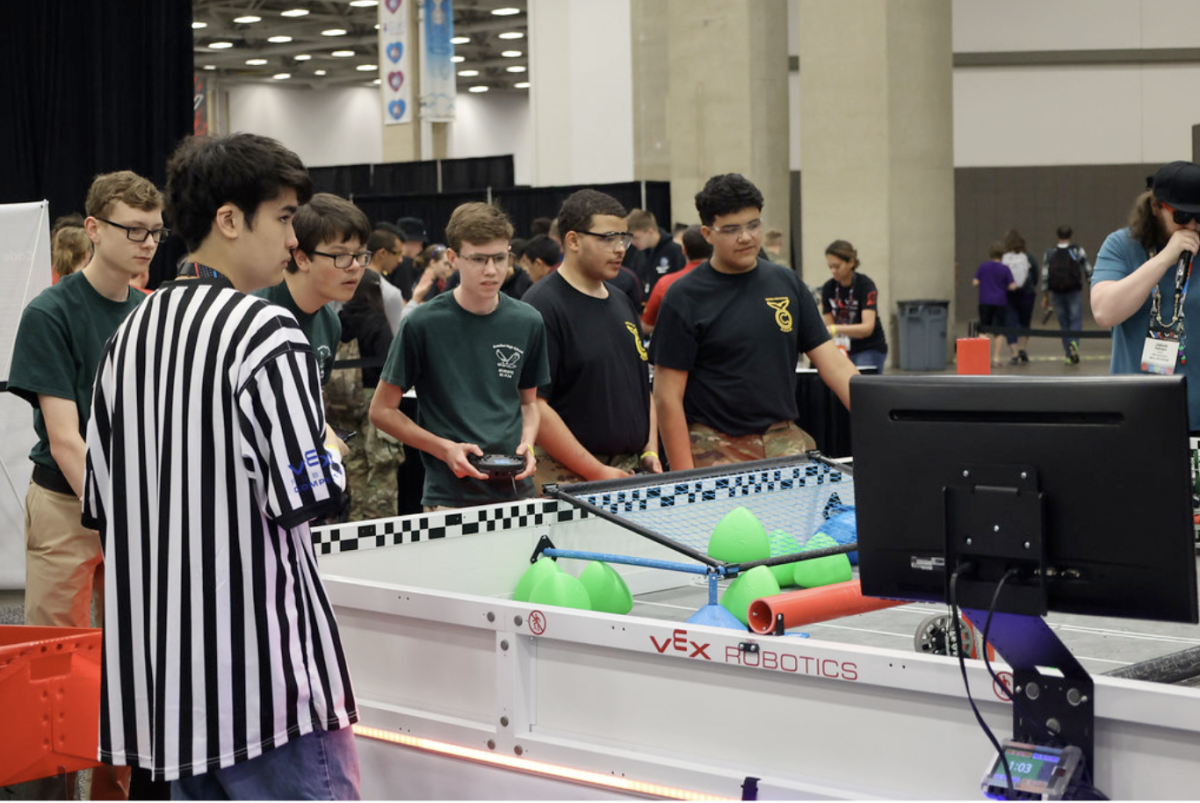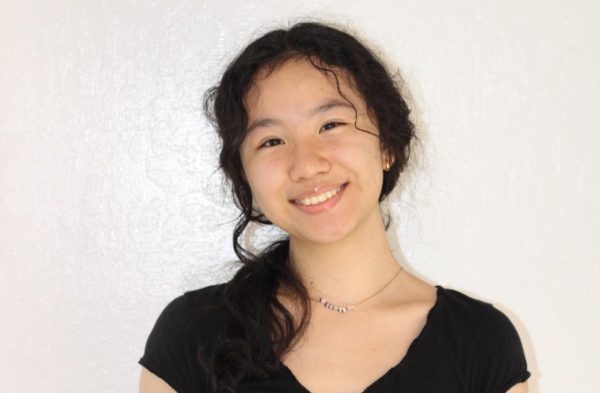Disclaimer: This interview consists of opinions based on different experiences from different students. While this publication may be used to gain some insight into the college app process, please remember that there is no “perfect formula” for getting into college and college applications vary by person. What works for one person may not work for another! Use your best judgment when taking advice from these interviews.
All interviews with The Quill are done with permission from the students. In order to protect their privacy, they may opt to be anonymous or just use their initials.
Alina: How are you feeling?
Manasvi: Feeling pretty relaxed, a little anxious for decisions but relaxed in that I can’t do anything to change them.
Alina: How was your college app process?
Manasvi: It was honestly not as stressful as I thought it’d be, seeing last year’s seniors and everything, but there are also definitely things I wish I did earlier in the process. Just like starting my essays early. So I finished a first draft of my personal statement over the summer, but I think I was too confident I finished my personal statement that I lagged behind in my supplementals and UC essays. I wish I did my supplementals earlier so I could’ve gotten more drafts in. Stick to a schedule, cause I would always make a plan for the week to finish whatever supplementals for the day and never do it, like “I’ll just do it over Winter Break!” [Alina: Same..] which, I had to cram so much over Winter Break. Just make a schedule and stick to it.
Alina: What are your main extracurriculars that you feel really helped you?
Manasvi: My essays were mainly pulled from these two; I would say my non-profit was one, and the second one was research, and I did both wet-lab research and AI. But I think for my essays, I pulled more from the wet-lab because I think these experiences were more vital to why I was interested in biology, the field I’m interested in studying. And it’s easier to recall vivid memories for going in actual in-person type stuff, than AI, which is more like, sitting and coding, like you can’t be like “Oh, I was mesmerized by a piece of code…” [laughter] you know what I mean?
Her non-profit:
The Python/AI stuff I learned in 8th grade, middle school-ish. And by 9th grade, I did like one AI project that was harder than the beginner AI projects I usually do. And by that point, the idea of the non-profit was built, but the actual project grew in the summer I would say, so it gave me enough time to build my skills in AI and stuff.
Initially, the non-profit wasn’t even something that came across my mind. It just started out as a volunteering opportunity with the Cystic Fibrosis Research Institute. And I found—not necessarily a gap—but something I thought I could kind of complement the work they were doing, like the research aspect. Like, there’s not as much research opportunities for high schoolers everywhere, so you know, it was a unique opportunity to also continue the awareness they were doing, but also provide an opportunity for high schoolers to contribute to some projects that were AI-based because that was where my expertise was in, and use that as kind of like a launching pad for them in terms of getting to know the research process. Because you know for AI, you don’t really need anything other than a computer and publicly available data sets and stuff, so it was pretty nice. For the non-profit, it was mainly literature review-type of stuff, so while in the wet lab, it’s mostly helpful for when you’re in it, you can do online research from almost anywhere.
I guess I was initially not sure what was going to work out, but I just mainly found as many Discord servers, as many volunteering posting sites and forums, and just posted about like my non-profit and the opportunities I had, everywhere I could. I had a short snippet I prepared for it. I think one thing that helped for sure was before I searched for volunteers, I got my organization PVSA-certified, and obviously that attracts people because they can get official volunteer hours through the non-profit and also get the PVSA award. Also the idea of research in general was an attractive opportunity.
Her research:
For wet-lab research, it was me cold-emailing professors. You know, people always say, like “Cold-emailing takes a lot of tries, gotta send ‘em out and stuff” and honestly I didn’t fully believe them. I was like “Okay, maybe if I just send out like 10-20 emails, someone would reply.” I actually had to send out 100-200 emails, and I think like only around three replied, and just set up quick calls and stuff. One eventually gave me the opportunity to intern. It was kind of funny because it was hella chill too. He was literally on a quick five-min call with me when driving to work or something, and afterwards he connected me with a graduate student at his lab. [Alina: So colleges nearby?] Yeah, Stanford. So it’s like, what, 30 minutes from here? Obviously in summer it’s a lot easier to go because you know, there’s no school. But on weekdays, I would just go after school or more towards Saturday-ish. The AI research project side of it was also through professors and cold-emailing. And everything’s online so it didn’t really matter where the location is.
Alina: Any publication advice for research and avoiding predatory journals?
Manasvi: For wet-lab stuff, it’s not really up to you if you get a publication; just try your best to contribute and hopefully they’ll see that. As for AI stuff, there’s some that I publish in high school journals. And there are great resources that tell you like which are predatory which aren’t, and I feel like you can kind of tell, especially for high school journals, like, I feel like at that level they aren’t trying to be as predatory if that makes sense. But then for more undergrad or grad, like the higher level journals, there’s a lot where you pay fees to publish, and I feel like that’s a red flag. But the other way which I think is better, is to go to conferences, which I feel like is easier if you have a mentor, because you kind of get to submit with them, because you’re either the first, second, third name or whatever, and they’re kind of the PI thing. Especially with AI projects, because they obviously take less time than big wet-lab research, for those, there’s specific, like with IEEE, there’s specific sections of conferences you can submit to. Like for instance my work mainly focuses on AI and healthcare, so there’s set conferences you can submit to that have that as the focus. And if your work is decent enough– like not decent— just not that they have fake data, I wouldn’t say it’s easy to get accepted into that, but especially for abstract submission, but they’re more open to considering you for that. And from then on you can build upon your experiences and then maybe even submit a paper. And at least for me, the professors helped identify which ones were more predatory or more real, but when they’re associated with the bigger conferences too, especially because you can get published in the proceedings or have you paper submitted to the IEEE Explorer type of thing.
Alina: How busy were you usually in 11th grade?
Manasvi: On average, the numbers I would usually put officially were 10 hours for the non-profit per week. I think that was just more of doing whatever you can after finishing your work. It’s easier to get more hours in for the non-profit, if that makes sense, because you know, you can work on it whenever, just doing administrative stuff or just getting things running. I feel like after you build it more, you can just be there to delegate stuff and make sure things are running smoothly. Over the summers, I went full-time for the wet-lab week, so around 40 hours per week, and during the school year, 15 hours-ish. But even then, wet-lab research is a lot of waiting too, and they’re chill people, so you can get schoolwork or work done in between too. For the AI stuff, it varies depending on when I started, but I’d say 10-15 hours-ish. It’s hard to tell as there were a bunch of different opportunities running at once.
Alina: How were in-school clubs?
Manasvi: In terms of clubs I’m in, the only clubs I’m involved in are the ones I have leadership in. First is Medical club, which I started like last year. It was virtual initially but we made it in-person this year. Science Olympiad club, I joined pretty late actually compared to a lot of people here, like in 10th grade, and so I was just a member that year. And the next year I became the Subject Captain of Inquiry and Introscience. And this year, I’m the Vice President of Communications.
Alina: Any advice for people entering high school?
Manasvi: I think one thing in general for 9th grade, was because especially, there are a lot of clubs here, in middle school if you have the opportunity to, try a lot of different clubs, especially if you don’t know what your interests are. And then I feel like from like 9th or 10th grade, try to narrow things down. In terms of college apps, try to get leadership, start narrowing down so you can focus more and build up on that. And definitely for internships too, if you want one, start cold-emailing or pursuing your connections if you have them. But especially if you’re cold-emailing I’d say the sooner the better, because a lot of people secure them, even for the summer early on, like even in January sometimes? I was late as I think I emailed in like February or beginning of March and I think I was pretty lucky but I did have to send like 200 emails for that to worth out though? So I would say, maybe use Winter Break or something like that to cold-email, because they do fill up early on.
Alina: I had a friend worried that they weren’t qualified enough to cold-email and ask to intern, what do you think about that?
Manasvi: I would say, honestly just talk more about your interest per-say, if you don’t have the qualifications for this, maybe focus more on why this would be a great opportunity for you. Because honestly, when I just started, I only had ASDRP which was a program a lot of people know as not as rigorous or competitive in the sense that there’s a lot of people doing a specific project, like not a lot of people get the same amount of experience. In my experience, there’d be like, what, 10 people, and one specific project and mentor, and the one thing I genuinely did over summer was get ice. There was not enough work for people to do, and I didn’t even understand what was going on because it was a continuation of past projects, and there were very specific people that know everything, if you know what I mean? So if you’re a newbie, it’s not really beginner friendly, especially for learning stuff. But yeah for the email, I did mention ASDRP like once, like “okay I do have some kind of laboratory and safety training and experience in general” but then I talked more about why I was interested– cause I cold-emailed specifically people researching the lungs not just bio, so I talked about cystic fibrosis and why I wanted to help in that way, and how this would help me in future career goal type of stuff.
Alina: Thank you!!







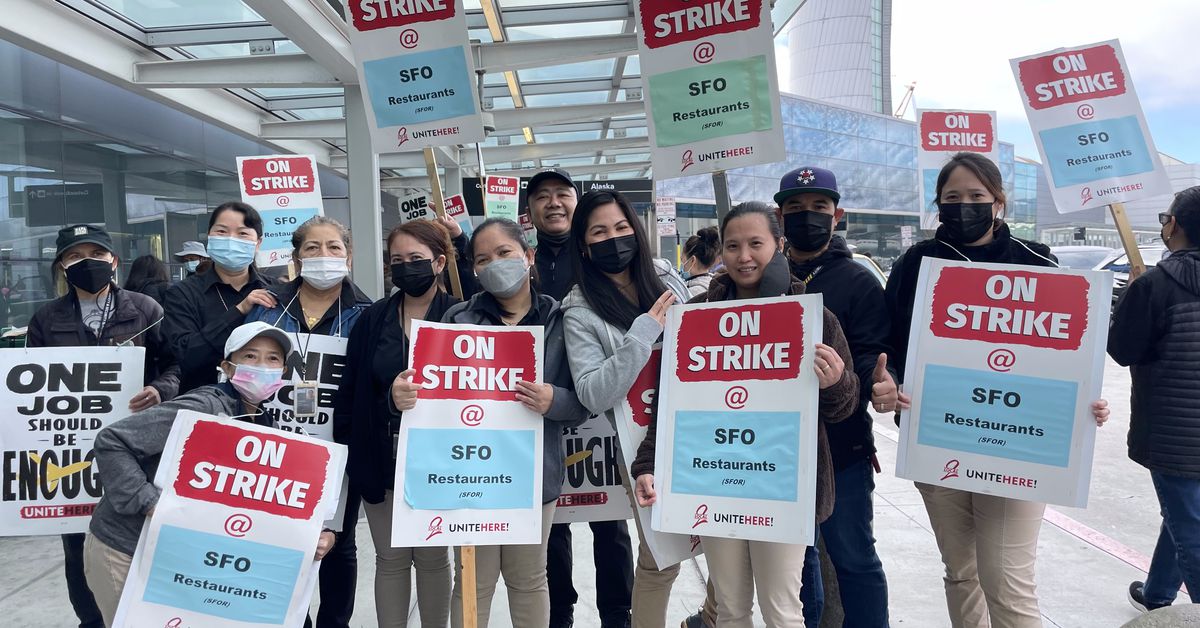


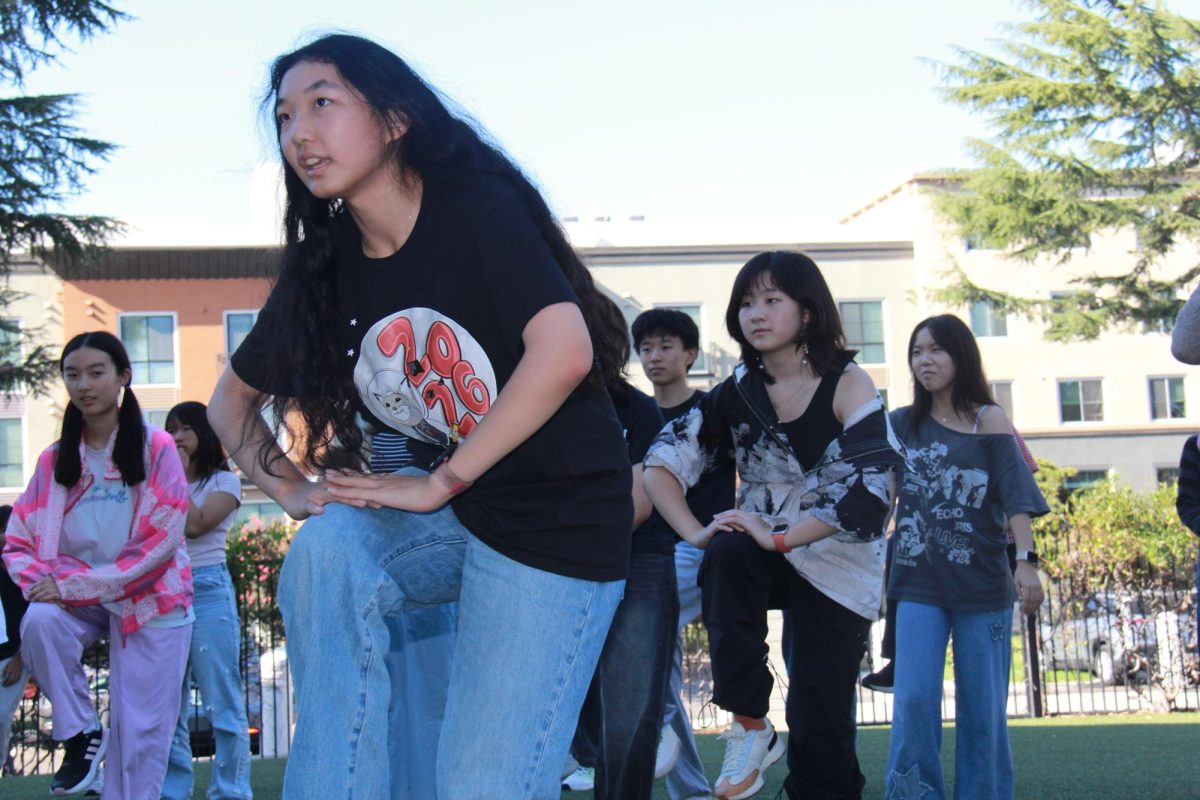
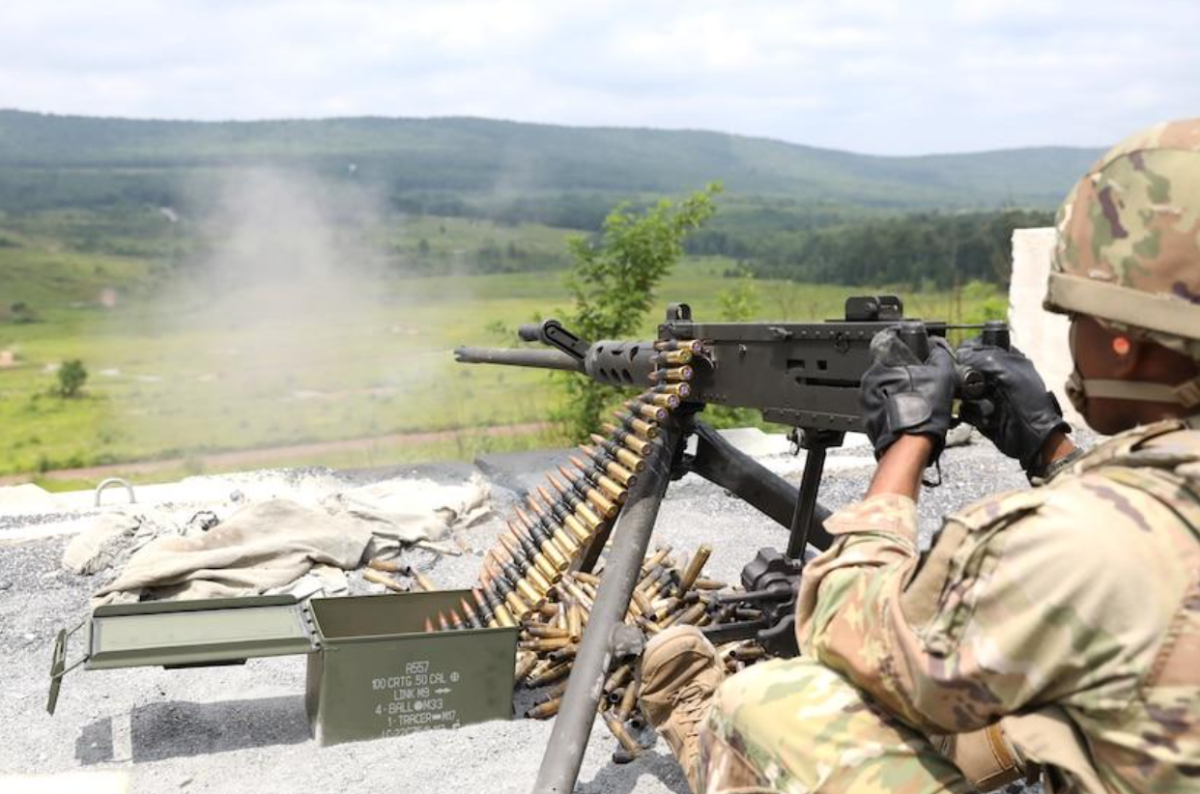




![Teacher [Milk] Tea: Part 2](https://bisvquill.com/wp-content/uploads/2024/03/Screen-Shot-2024-03-19-at-9.28.48-PM.png)





